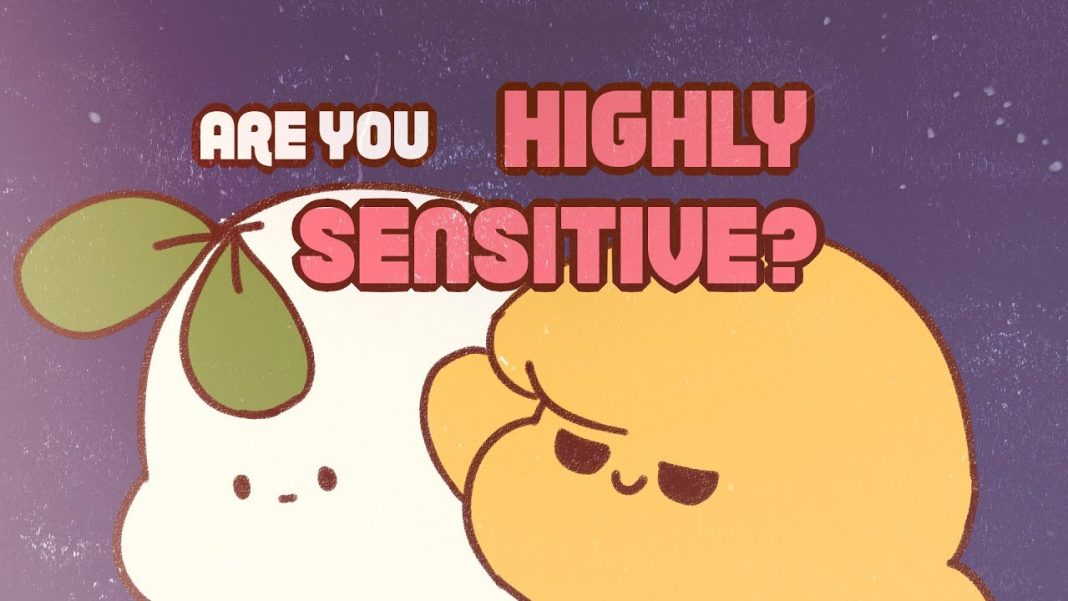If you’re one of those people who notices even the smallest sensation that no one else seems to and jumps at the slightest sound you may be a highly sensitive person (HSP).
This personality type has begun to increasingly draw the attention of psychologists. Celebrities have also come out as HSPs in the last few years and the term is no longer an alien phrase. Alanis Morissette, Kanye West, Nicole Kidman and Lorde all say they are HSPs.
Unfortunately high sensitivity has also been linked with depression and stress. HSPs often find that violence on TV or pain will make them more uncomfortable than most. In addition strong scents, bright lights or large crowds are also triggers.
In the mid 90’s American psychologists Elaine and Arthur Aron designed some basics questions which will help people figure out if they are highly sensitive:
- Do you find yourself needing to withdraw during busy days, into bed or into a darkened room or any place where you can have some privacy and relief from stimulation
- When people are uncomfortable in a physical environment do you tend to know what needs to be done to make them more comfortable (such as changing the lighting or seating)
- Do you find it unpleasant to have a lot going on at once?
- Does being very hungry create a strong reaction in you, disrupting your concentration or mood?
- Are you deeply moved by the arts or music?
These questions are known as the HSP scale and those falling in the top 20% are considered to be HSPs.
Although HSPs are usually introverted, the two aren’t mutually exclusive. It’s not all gloom and doom for HSPs however as people who have this trait are generally more perceptive in almost all spheres.
Not only are they able to pick up more sounds that others can’t hear, but they also report being more attuned to others needs.
Very often a HSP feels almost like they have ESP as they are able to pick out what people may be going through; whether it’s a couple fighting, someone in the group who isn’t feeling well or general tension in the air.
Additionally HSPs take longer to make decisions as they need more time to reflect. They also prefer deep conversation over small talk.
This need to process things and the fact that their senses are often overstimulated may result in HSPs being misunderstood. It’s important to understand that for HSPs processing means paying attention to details and noticing connections that others don’t.
At times becoming overwhelmed because their brains are processing so much input (more so in busy environments like parties or a packed board meeting).
Picking up on emotional cues and noticing small and subtle things that are often overlooked means being a HSP has an emotional dimension to it as well as sensitivity to sensory output.
At the workplace especially in toxic environments, HSPs may be more susceptible to burnout and exhaustion. Even if they aren’t bullied personally, negative vibes in general can take a toll as they pick up on the tension around them.
Conversely this same trait may mean they can pick up on implicit patterns that may escape others awareness, helping them learn new procedures and skills without much help from others. They may also be better listeners, have more empathy and be team players as they are considerate of their colleagues.

